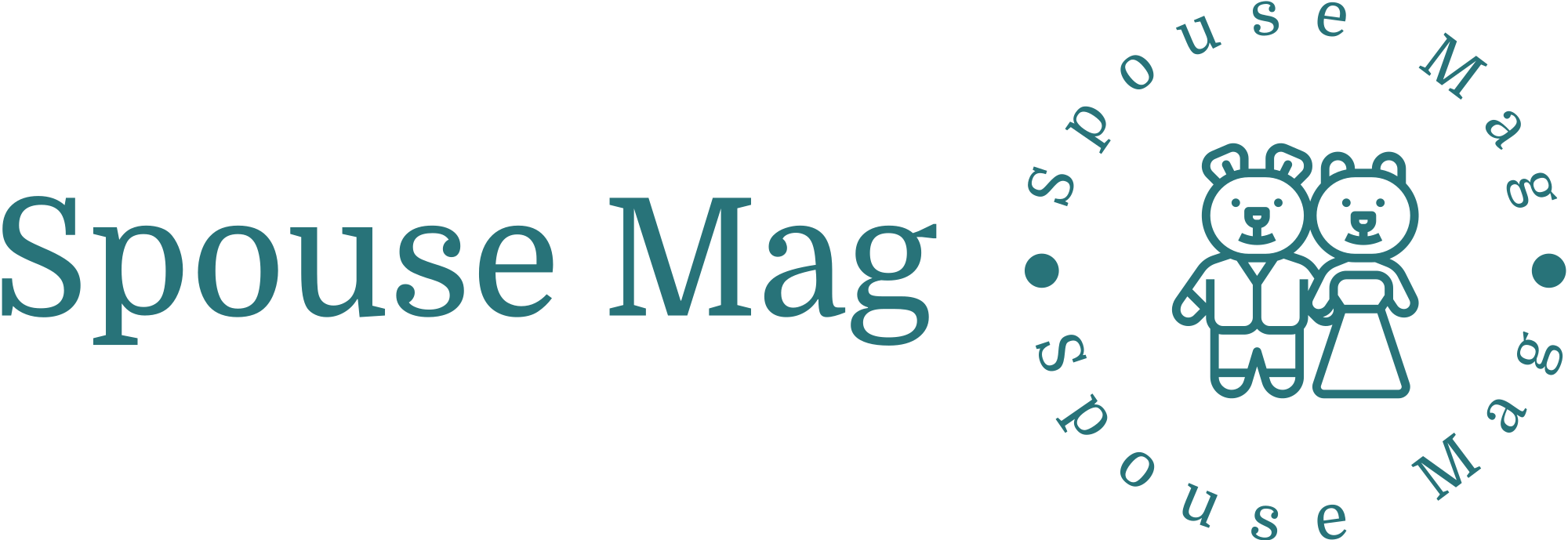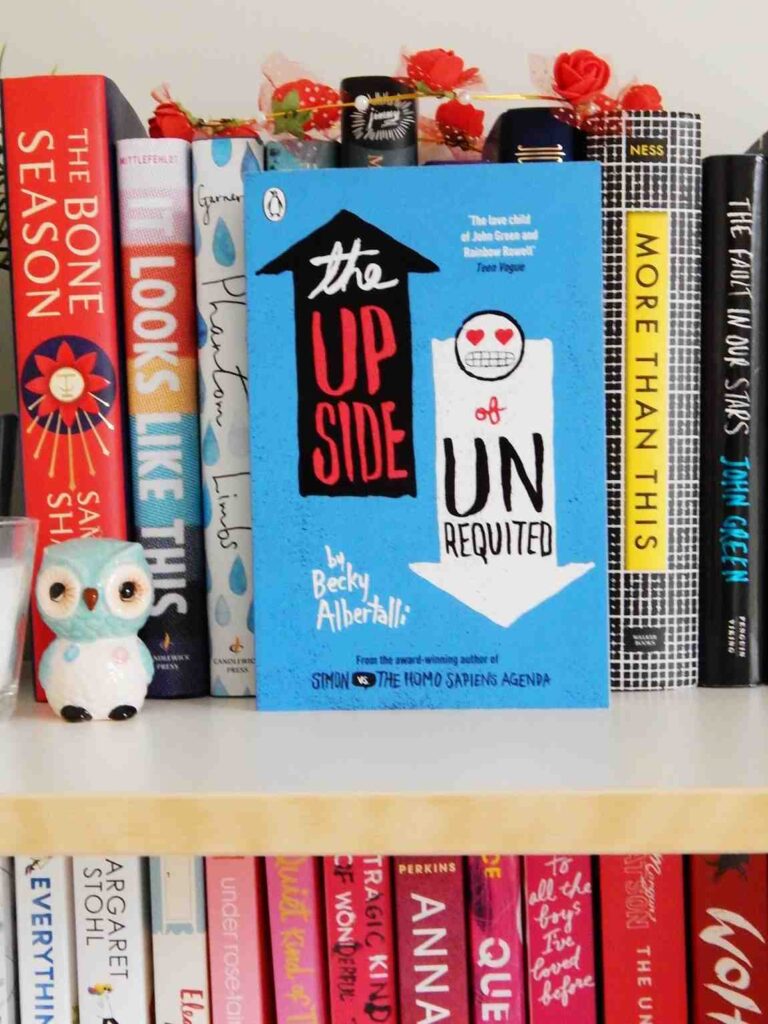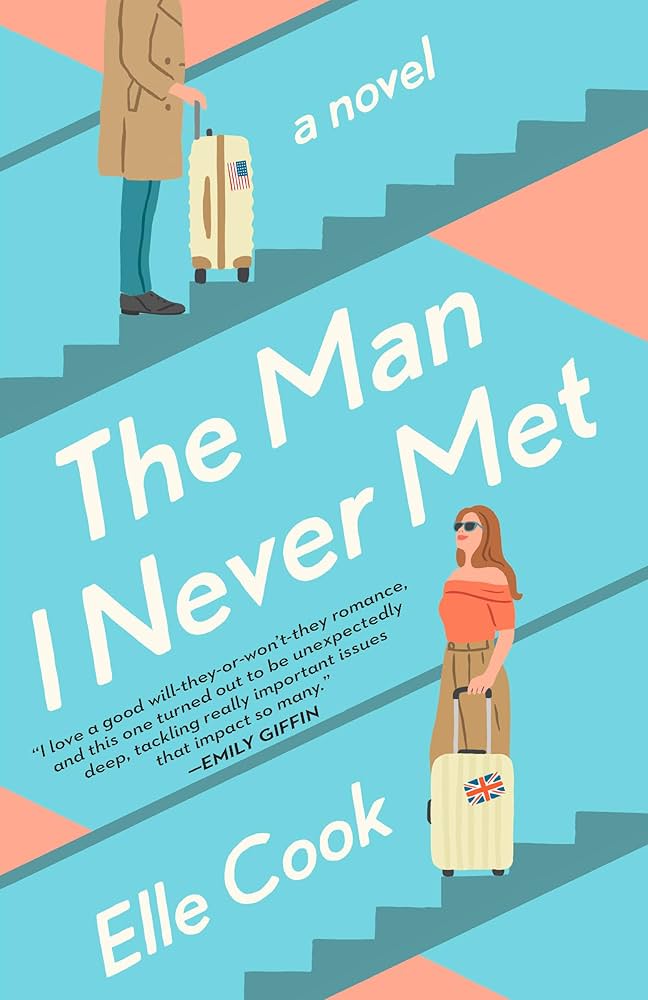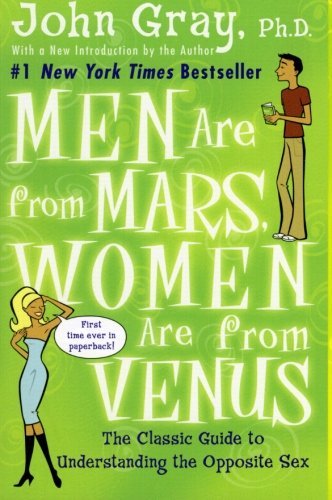When I picked up Jeffrey Eugenides’ The Marriage Plot, I was hooked from the first page and couldn’t put it down. The story centers on Madeleine Hanna, Leonard Bankhead, and Mitchell Grammaticus as they navigate life after college.
Madeleine is torn between her romantic ideals and Leonard struggles with bipolar disorder, while Mitchell searches for deeper meaning in his life. Through their stories, Eugenides explores the complexities of relationships and self-discovery, offering a fascinating look at how their experiences shape their futures.
A Modern Love Triangle
As a relationship expert, I’ve lost count of the times I’ve heard, “I’m caught between two people.” Madeleine’s story in The Marriage Plot is a prime example of this age-old situation, but Eugenides gives it a new twist.
Eugenides masterfully explores the internal conflict Madeleine faces as she navigates her feelings for both men. Her indecision between the magnetic, troubled Leonard and the steady, reliable Mitchell is a dilemma many of us have faced at some point.
Madeleine’s indecision stems from a lack of clarity about her values and desires. Understanding one’s needs and boundaries is crucial for making informed choices in love.
Critique: Deeper Character Exploration Needed
As much as I enjoyed Madeleine’s journey, I felt her character could have been explored more deeply to break free from this cliché and offer a richer portrayal. I found the constant switching between Leonard and Mitchell a bit repetitive.
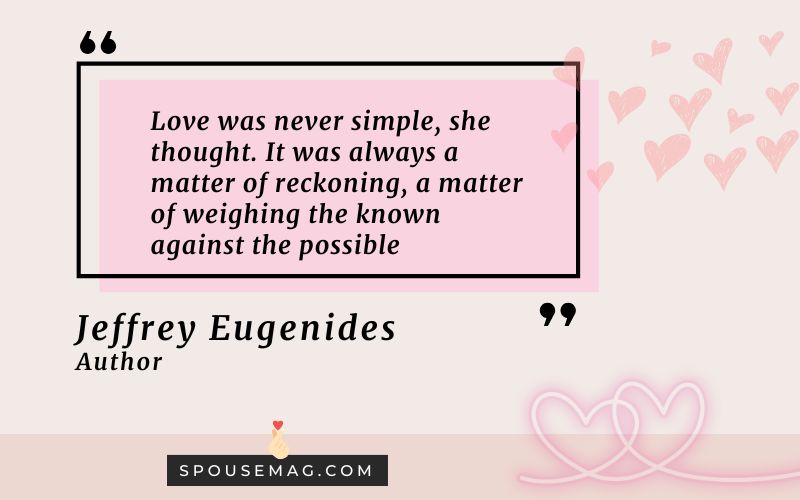
Mental Illness and Relationships
One of the novel’s strengths lies in its unflinching portrayal of mental illness. Leonard’s character is both fascinating and heartbreaking. His portrayal highlights the complexities of loving someone with bipolar disorder and the toll it can take on a relationship.
As a relationship expert, I’ve seen firsthand the challenges faced by couples dealing with mental illness.
The novel explores Leonard’s intense connection and the strain his condition places on their romantic involvement.
Critique: Clear Picture of Mental Health Struggles Missing
Leonard’s portrayal as a tragic genius is gripping, but it sometimes overshadows the everyday realities of living with mental illness. The portrayal lacks a grounded depiction of practical challenges, which could provide a clearer and more balanced view of mental health struggles, making it more relatable and less idealized.
Coming-of-Age in the 1980s
“The Marriage Plot” vividly portrays the 1980s, capturing the era’s cultural and social shifts. The novel explores the hopes and anxieties of young adults as they move from college into the real world, providing both a nostalgic and critical view of this pivotal time in their lives.
As someone who came of age in the 80s, I found myself nodding along in recognition as I read about the characters’ experiences. It was a time of great social and cultural change, and the novel captures the excitement and confusion of that period beautifully.
Critique: Missing Depth on Women’s Challenges in the 1980s
While the novel captures the 1980s atmosphere well, it misses a deeper look at the challenges women faced during that time. The focus on the characters’ relationships is understandable, but I think a more nuanced portrayal of the societal pressures and limitations faced by women in the 80s would have added another layer of complexity to the narrative.
The Illusion of Happily Ever After
Eugenides boldly challenges the fairy-tale ending we’ve been conditioned to expect. The Marriage Plot is a stark reminder that love doesn’t always conquer all.
Madeleine, the protagonist, is at a crossroads, dealing with the challenges of love, career, and self-discovery. The novel doesn’t offer a definitive answer to her questions or provide a neat, packaged happily-ever-after ending. Instead, it mirrors the complexities of real life, where outcomes are often uncertain and paths less traveled.
Critique: Missing Closure in the Open-Ended Conclusion
The open-ended conclusion frustrates readers like me who crave a sense of closure. While it’s realistic, it left me feeling like the story was incomplete. A more definitive ending or a stronger resolution for the main characters would have made the conclusion more satisfying and tied things together better.
Conclusion
The Marriage Plot is a thought-provoking novel that offers a fresh perspective on love, relationships, and the complexities of the human experience. While it has its strengths and weaknesses, it undoubtedly invites readers to engage in a deeper conversation about the nature of love and the challenges of finding one’s place in the world.
My experience with the book was engaging and thought-provoking, offering valuable insights into the complexities of human relationships.
Reader’s Thoughts About The Marriage Plot
To capture a range of perspectives on The Marriage Plot, I reviewed feedback from various sources, including Goodreads, Amazon, and literary forums. Here’s what readers had to say:
Sarah, a book blogger: “Madeleine’s internal struggles resonated with me deeply. The novel’s exploration of love, loss, and the complexities of adulthood is touching and thought-provoking.”
David, a literature professor: “While the novel’s literary allusions and character development are impressive, I found the plot somewhat predictable. The ending felt rushed, leaving many loose ends unresolved.”
Emily, a young adult reader: “I was drawn in by the promise of a classic love triangle, but I found the characters rather unlikable. Their constant self-doubt made it difficult to connect with them on an emotional level.”
Mark, a mental health advocate: “The portrayal of mental illness in the novel is both sensitive and accurate. Leonard’s character is complex and multifaceted, and his struggles offer valuable insights into the challenges faced by individuals with bipolar disorder.”
Rating: ★★★★☆ (4 out of 5 stars)
Recommendation: I enjoyed The Marriage Plot for its exploration of love and relationships. Eugenides’ writing is both insightful and engaging, making it a compelling read. Highly recommend it for fans of literary fiction

As a married wife, founder, and editor of SpouseMag.com – these guides are based on my own personal experiences, observations, research and insights. I am transparent about being inspired by the life and work of the two greatest experts in the relationship space – Dr. John and Julia Gottman, and Harville and Helen. They two are some of the strongest couples, researchers, authors, and counselors when it comes to marriage and relationships. My advice and guides are based on my insights and research, and they are not an alternative to professional advice.
